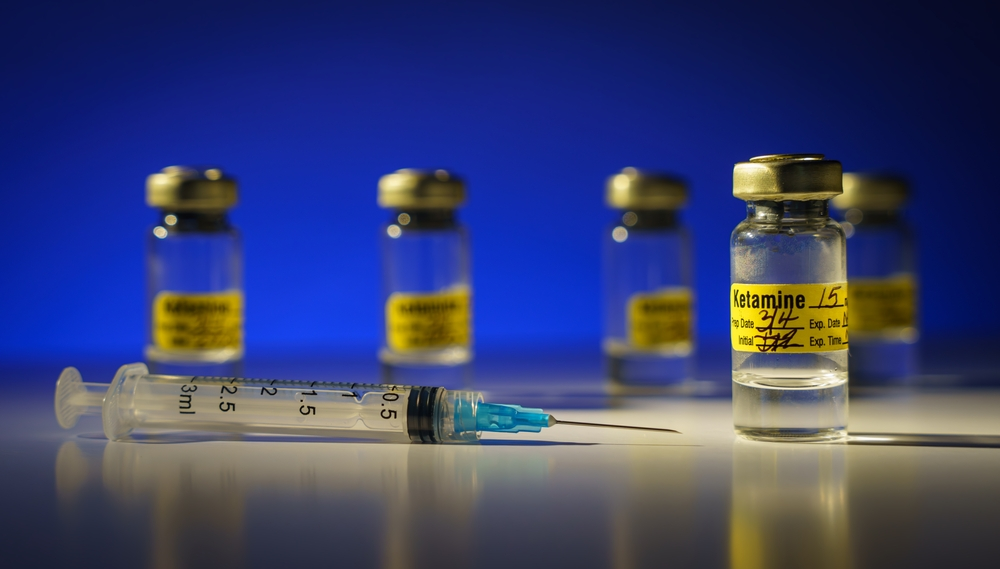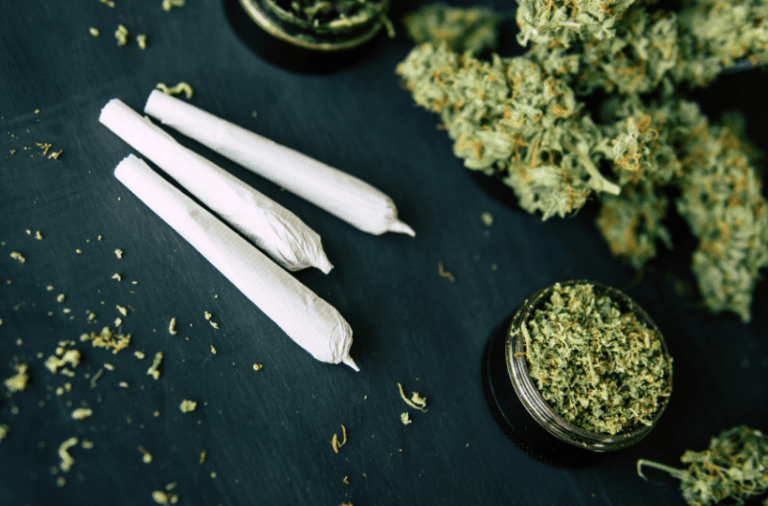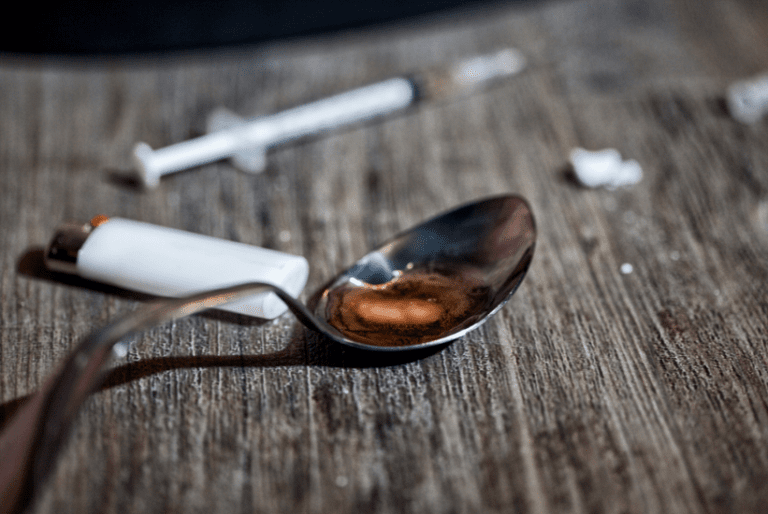Is Ketamine An Opiate? No & Why
In the December 2018 issue of The American Journal of Psychiatry, researchers suggested that the increased use of low-dose intravenous ketamine wasn’t a suitable replacement for depressants, could be easily used as an opioid abuse replacement, and its antidepressant effects require opioid system activation. This led to a broad acceptance that ketamine is an opiate (natural opioid) or opioid (natural, synthetic, and semisynthetic opioids).
More researched physicians quickly countered this issue of the Journal, but the unofficial label that ketamine was an opiate was already circulating. To quickly answer, ketamine is not an opiate or opioid. Ketamine is a dissociative anesthetic, categorized among PCP, DXM (lean), and Nitrous Oxide.
While veterinarians use Ketamine as a form of tranquilizer and psychiatrists use it as an antidepressant, illicit ketamine use is on the rise. This can be attributed to three factors: Its effects are as appealing to substance users as opioids; it’s seen as a safer alternative to opioids because clinicians endorse its medical use; or because users can’t distinguish between a pill laced with ketamine or fentanyl. This article delves into why people use ketamine, how its accepted medical uses work, and what to do if someone is abusing ketamine.
Are You Covered For Treatment?
Oasis Recovery Center partners with numerous private insurance providers. Our team is committed to assisting you in quickly and effortlessly verifying your insurance coverage for treatment.
What Kind of Drug Is Ketamine?
Ketamine is a dissociative anesthetic and is often used in surgery. It does not belong to the opiate drug class. Ketamine is similar to phencyclidine (PCP) and induces euphoria and dissociation. It is a Schedule III controlled substance and has a significant potential for misuse. It’s more accessible than cocaine and is growing in popularity as a recreational drug because the effects or “high” comes on quickly and wears off just as fast.
Why Do People Use Ketamine?
Ketamine induces sedation, making the user feel calm and relaxed. It also causes immobility, pain relief, and amnesia. Most people will use ketamine recreationally for the dissociative and hallucinogenic effects. It is also commonly used to “spike” drinks and facilitate sexual assaults. While pharmaceutical-grade ketamine is available for veterinary purposes, it’s often stolen or remanufactured and sold on the streets. Researchers report the total weight of ketamine seized within the US increased from 127 pounds in 2017 to 1,550 pounds in 2022.
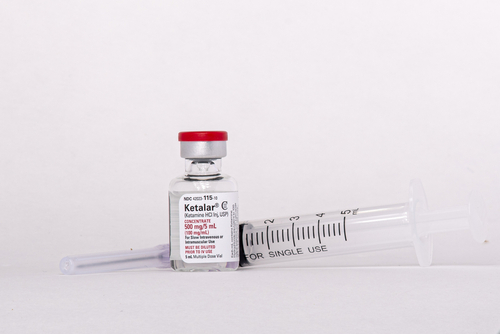
Immediate Effects of Ketamine
The physical effects of ketamine include:
- Sedation
- Dizziness
- Clumsiness
- Slurred speech
- Slowed breathing
- Cardiovascular problems
- Nausea
- Stiff muscles
- Paranoia
- Confusion
- Memory loss.
- Loss of sensory awareness
Are There Accepted Medical Uses for Ketamine?
There are several acceptable medical reasons for ketamine. When prescribed by a doctor, it can alleviate acute or chronic pain. It is also prescribed as an antidepressant or an anti-inflammatory. While it has several beneficial uses, evidence supporting ketamine as a long-term treatment is still limited and under research.
Delayed Effects of Ketamine
The physical and mental effects of ketamine are not always readily apparent. Long-term effects of ketamine use include:
- Bladder pain
- Ulcers
- Kidney problems
- Depression
- Memory issues
- Stomach pain
- Brain changes
- Snorting ketamine can damage the sinus cavities and sense of smell.
- Injection can damage the veins, muscles, and internal organs.
- Infections, such as endocarditis, an infection of the heart valves
What Causes Ketamine Addiction?
All addictions develop due to a psychological process of “positive reinforcement.” Ketamine’s euphoric and sedating effects can lead to chronic abuse, increased tolerance (which reinforces increased use), and addiction. Ketamine addiction can result from a combination of environmental and genetic factors, such as living with a family member(s) who abuse substances, associating with people exhibiting addictive behaviors, experiencing a stressful or traumatic life event, or living with anxiety, stress, or an underlying mental health disorder.
Read more about Ketamine Addiction here.
Take Our Addiction Quiz for Recovery Insights
Symptoms of Ketamine Addiction
Ketamine has a high potential for abuse as well as physical and psychological dependence. Ketamine users state the highly euphoric effects make it especially difficult to stop using. Here are some basic signs you or someone you know is abusing or is addicted to ketamine.
- Increased tolerance (requires larger doses more frequently)
- Cravings
- Inability to quit or reduce use
- Multiple attempts to quit have ended in relapse
- Increase time devotion to getting high
- Worsened physical and mental health
- Continuous use, regardless of social, legal, and personal consequences
If you are experiencing these symptoms, you may be developing an addiction to ketamine. Over time, ketamine abuse can lead to critical and irreversible medical conditions.
Read more: Devastating Effects of Prolonged Meth Use
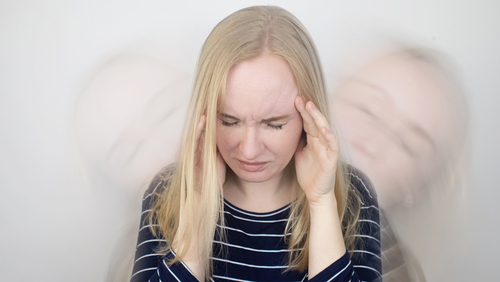
Can You Overdose on Ketamine?
Yes, it is possible to overdose on ketamine. Therapeutic doses of ketamine used for depression treatment are lower than recreational amounts. Ketamine overdose symptoms are very similar to PCP, including:
- Slowed breathing
- Unconsciousness
- Nausea and vomiting
- Slow or irregular heart rate
- Cardiac arrest
- Hallucinations
- Seizures
- Coma or death
Are Ketamine Overdoses Fatal?
Fatal ketamine overdoses are rare but can still occur if combined with other drugs, such as alcohol, benzodiazepines, or other sedatives. Other reasons include:
- Substance users unfamiliar with ketamine may take excessive amounts of the drug unknowingly, which can contribute to an overdose.
- Binging on ketamine (taking it several times over several hours) also increases the risk of overdose.
- Ketamine bought and sold on the streets may contain other drugs, including fentanyl, which can be deadly.
How To Start Ketamine Addiction Treatment
If you’re struggling with ketamine abuse and are interested in recovery, start by searching for local addiction treatment centers. Overcoming ketamine addiction is difficult. However, drug treatment programs can be personalized to your specific needs. You won’t walk into a rehab center feeling like a number or disease. There are dozens of addiction treatment options available, ranging from less intense to most intense structures.
Connect With Us Now
Reach out to us now for immediate support, or let us know the best time to contact you through our confidential callback service. Your journey to healing is just a conversation away.
What To Expect During Ketamine Addiction Treatment
When you call, an intake specialist will help identify your needs and formulate a comprehensive treatment plan to address your ketamine use. These programs include evidence-based treatment methods like CBT, DBT, and ACT and alternative healing methods that focus on your spiritual and interpersonal needs. Some of the healing modalities you might get involved in include:
- Individual Therapy: Individual therapy will help you gain insight into ketamine addiction and the reasons behind your drug use. Your counselor will work with you as you develop the strategies necessary for identifying triggers and coping with ketamine cravings.
- Group Therapy: Ketamine addiction can be isolating, especially if you’ve been using it for a long time. When you are in recovery from any addiction, having a solid support network can be critical for your success. Group therapy can provide you with the opportunity to learn from others who have struggled with similar addictions. It is also a great way for you and your peers to keep each other accountable.
- Family Counseling: Ketamine abuse doesn’t just affect the user but the entire family. The goal of family counseling is to help your family members understand addiction as well as increase support for your recovery. By involving your family members in your treatment process, you can also develop better communication and conflict resolution strategies so your temptation to use ketamine decreases.
- Holistic Therapeutic Activities: Many who enter treatment may have forgotten how to enjoy activities without using drugs. You will become reacquainted with the beauty of life by participating in activities such as hiking, kayaking, breathwork, yoga, art therapy, and other physically engaging activities.
- Aftercare Treatment: Research indicates that people who receive continuing care after their stay in a treatment program are much more likely to remain clean. After leaving a treatment program, case managers can create a thorough aftercare treatment plan with skills, exercises, and local resources to support your recovery needs.
Contact Oasis Recovery Center
If you or someone you know want to leave addiction in the past, contact Oasis Recovery Center. Our high-end addiction treatment center in Asheville, NC, focuses on helping individuals at all stages of recovery. Our dedicated detox center can help clients withdraw from substances and seamlessly enter the next stage of inpatient or outpatient treatment. Our PHP and IOP programs are perfect for clients who don’t require overnight monitoring, while our residential program in Knoxville, TN, is perfect for clients who need 24/7 care. Call, email, or fill out a form to get started.



